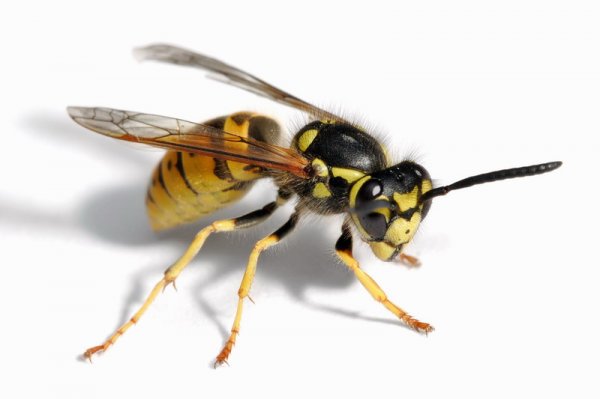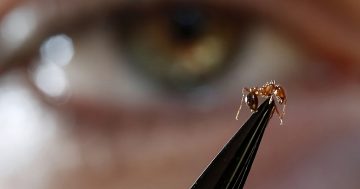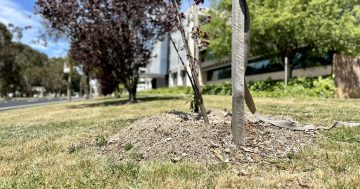
The ACT Government wants your feedback on the draft ACT biosecurity strategy, which outlines the management of exotic plants and animals, as well as diseases which affect both plants and animals.
From the media release:
Outline of the draft ACT Biosecurity Strategy
The draft strategy outlines the ACT’s approach to protecting our local environment, agribusiness and the community from biosecurity risks. It was developed in consultation with key stakeholders and is aligned with the NSW Biosecurity Strategy to ensure a consistent regional approach.
The draft strategy highlights the importance of biosecurity and outlines how we will manage exotic plants, animals as well as plant and animal diseases that have already infiltrated the ACT like European wasps, Madagascan fireweed and serrated tussock. It also outlines how we will prevent further biosecurity risks entering the ACT like swine flu and Madagascan fireweed.
The draft strategy identifies the key factors influencing increasing biosecurity risks and it recognises that zero biosecurity risk is unobtainable. The strategy identifies the pre-border, border and post-border elements of the biosecurity continuum. It also outlines actions for addressing biosecurity risks across the continuum to minimise the likelihood of biosecurity incidents and to mitigate their impacts.
The draft strategy identifies goals, objectives and actions for addressing biosecurity. It sets out recommended strategic directions for all stakeholders in the ACT to work towards over the next ten years and provides the foundations for government, industry, non-government organisations and the community to work together and to share resources, knowledge and expertise.
Scope of the strategy
Biosecurity risks can impact on all aspects of the economy, environment and community. This strategy covers threats to primary industries, the environment, social amenity and human health in both terrestrial and aquatic environments caused by:
- weeds and pest animals
- animal pests and diseases, including zoonotic diseases (diseases of animals that may be transmitted to man under natural conditions – eg. brucellosis, rabies)
This strategy does not address:
- plant pests and diseases
- chemical issues (including contamination or residue issues)
- food safety (except issues associated with zoonoses)
- genetically modified organisms
- animal welfare.
Have your say
Biosecurity is a shared responsibility. Community input is important to ensure the strategy meets the needs of the entire population; even Canberrans living in the city need to be aware of the potential impact exotic pests pose. For example an exotic pest such as fire ants which are currently limited to small areas in Queensland could seriously impact our outdoor lifestyle.
When finalised the strategy will provide the framework for a strong and integrated biosecurity system to protect the ACT.
To provide feedback please complete the online feedback form.
Hardcopy feedback forms and hardcopies of the strategy are also available from all public library branches.
Consultation closes 5 pm Wednesday 19 August 2015.





















